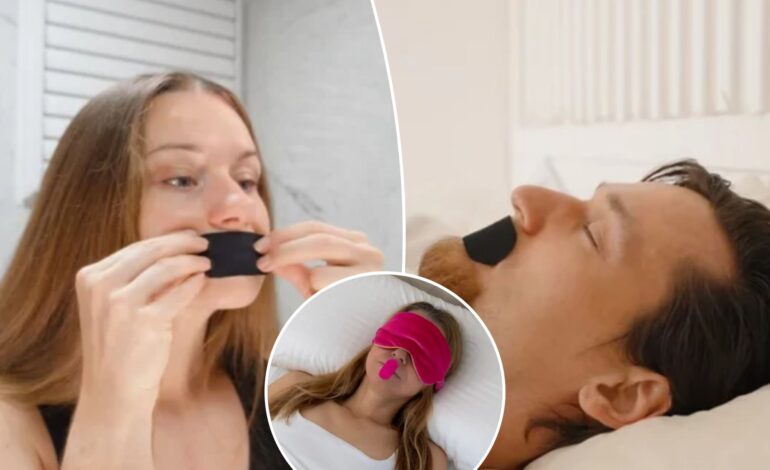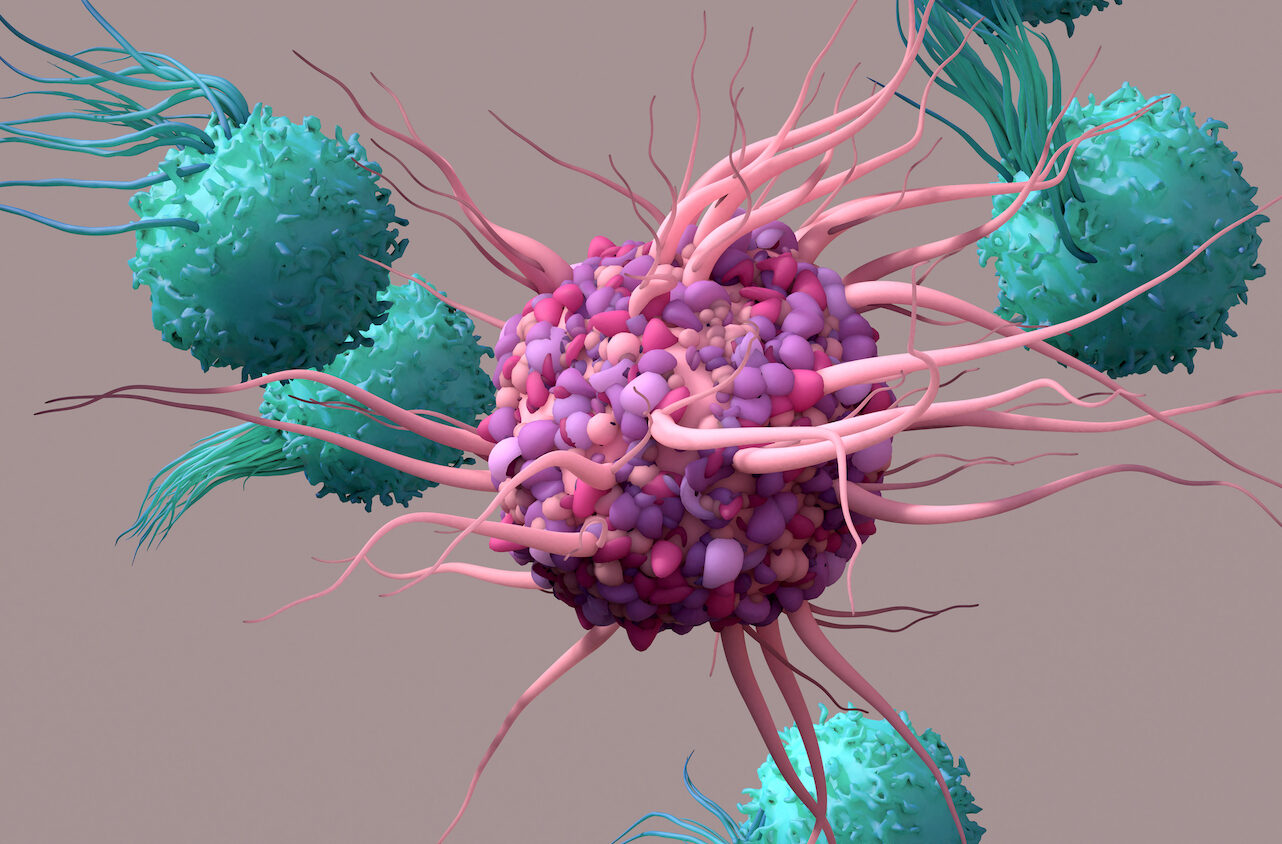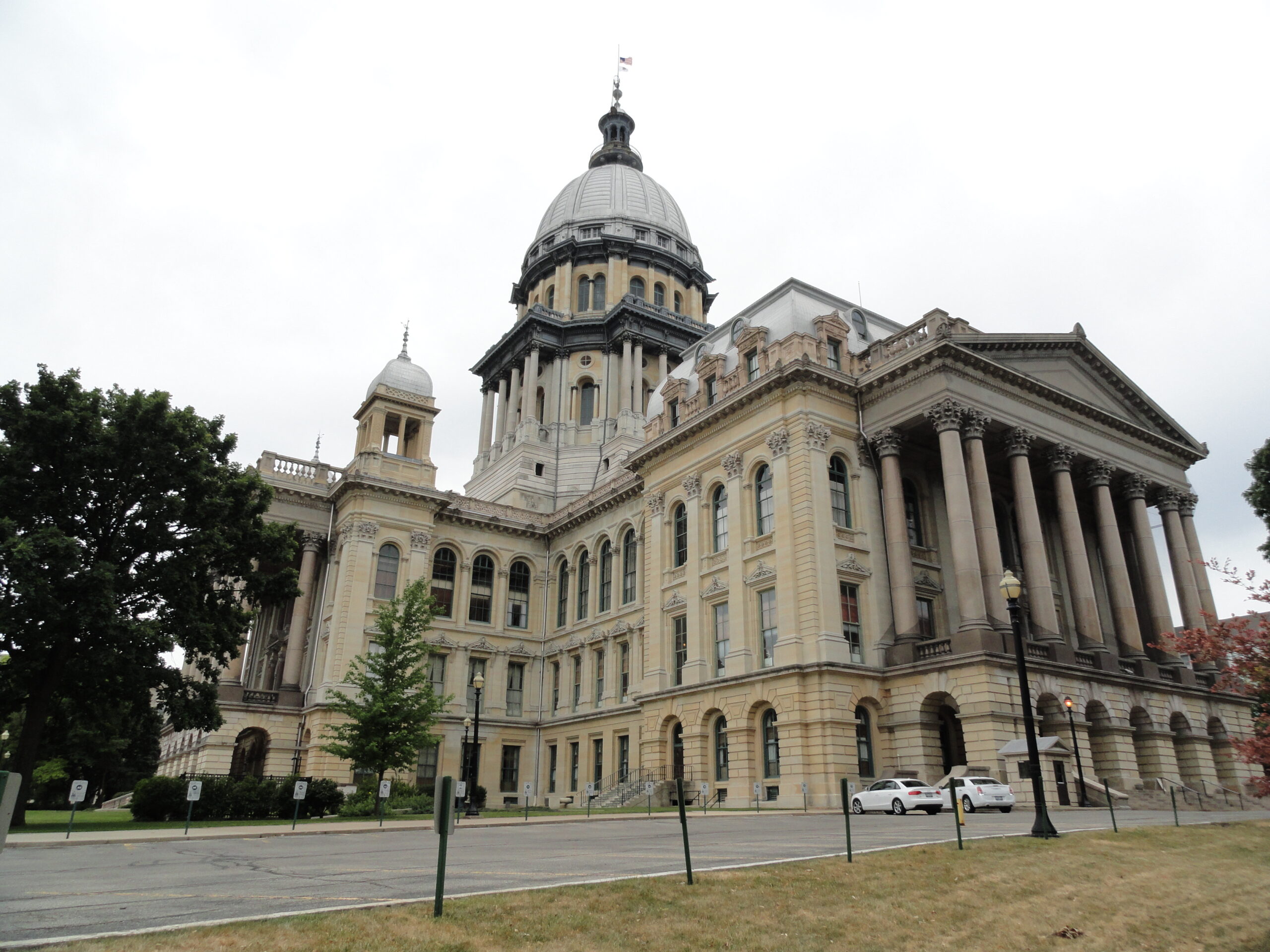Doctors Warn Against Dangerous Nighttime Mouth Taping for Sleep

Individuals seeking better sleep are increasingly resorting to a controversial practice: taping their mouths shut at night. This trend, which has gained traction on social media platforms such as TikTok, has alarmed medical professionals who warn that it can exacerbate existing health issues rather than provide relief.
According to Dr. Kimberly Hutchison, a neurologist and sleep medicine specialist at Oregon Health & Science University, the studies supporting the efficacy of mouth taping are limited, and their conclusions should not be overstated. “The studies behind mouth tape are small, the benefits are modest, and the potential risks are there,” she stated.
Potential risks associated with this method include the aggravation of sleep disorders, particularly obstructive sleep apnea, and even the risk of suffocation. While breathing through the nose is generally recommended due to its natural filtering capabilities, taping the mouth shut is not an advisable solution.
Mouth breathing, while not typically a major health concern for adults, can lead to complications such as dry mouth, throat irritation, and oral health issues. Additionally, it is often linked to increased snoring. Experts emphasize that while nasal breathing is preferred, the choice to tape the mouth should not be taken lightly.
Investigating Alternatives to Mouth Taping
Dr. David Schulman, a sleep expert at Emory University, advises against this practice, suggesting more effective alternatives. Options include using prescription mouthpieces designed to open airways or employing a continuous positive airway pressure (CPAP) machine. For individuals who smoke or are overweight, addressing these lifestyle factors can also significantly improve sleep quality.
It is essential to identify the underlying reasons for mouth breathing, as it may indicate more serious health concerns. Conditions like obstructive sleep apnea, characterized by repeated breathing interruptions during sleep due to blocked airways, are often to blame and can lead to severe consequences if left untreated. Dr. Brian Chen, a sleep specialist from the Cleveland Clinic, underscores the importance of recognizing the impact of quality sleep on daily life. “Depending on how bad the sleep is, you may just feel sleep deprived or require more sleep.”
The Importance of Sleep Testing
For those experiencing persistent issues with sleep, Dr. Schulman recommends undergoing a sleep test. Many of these tests can be conducted at home, making them more accessible. “It’s always better to know than not know,” he said. Understanding one’s sleep health is crucial, allowing individuals to make informed decisions regarding their treatment options.
In conclusion, while the appeal of quick fixes like mouth taping may be tempting, health professionals urge caution. With insufficient evidence supporting its benefits and potential risks involved, exploring medically sound alternatives is advisable for achieving better sleep.






